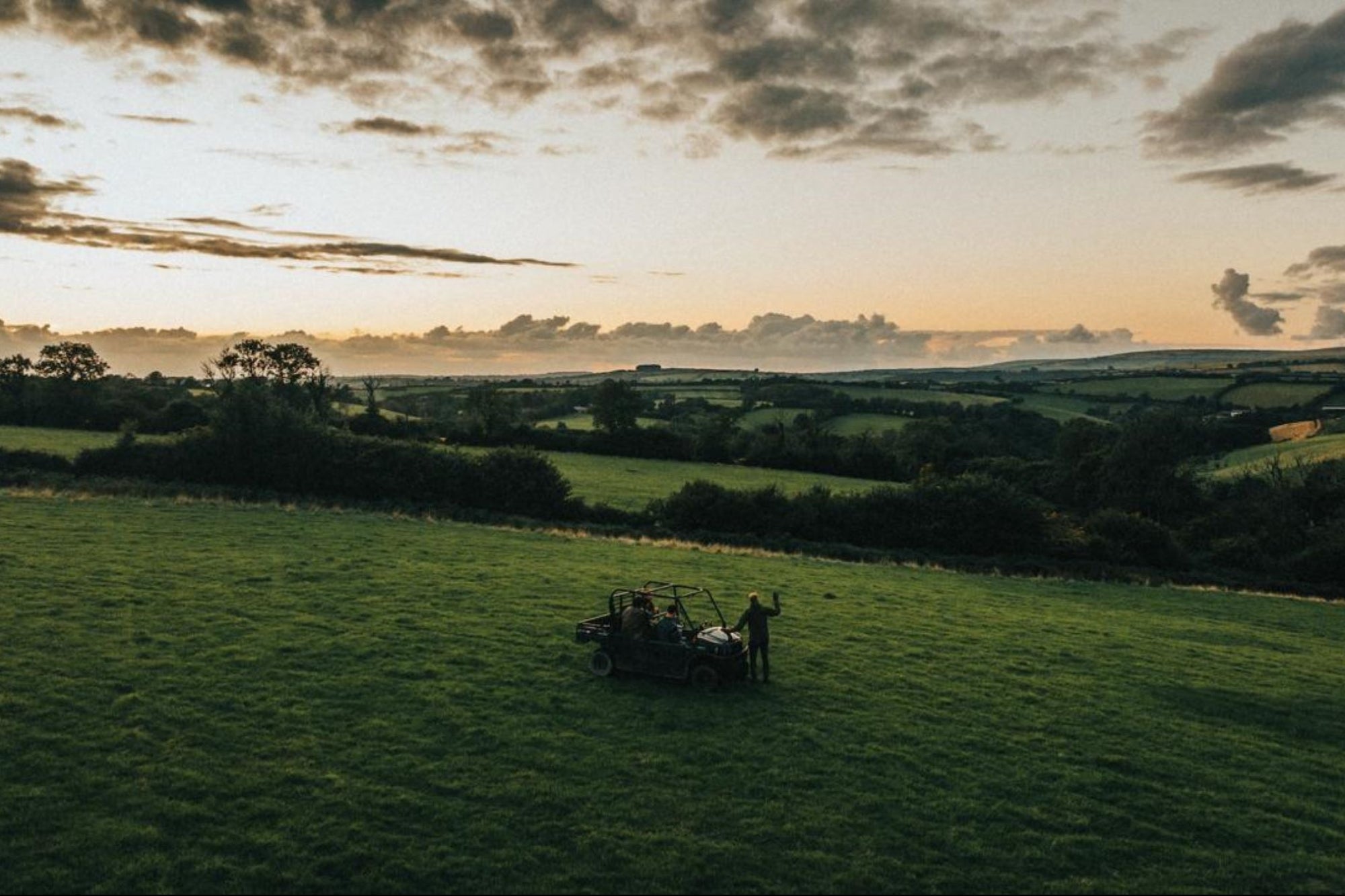Mud, Midges and the Future of Capital Why one CEO chose to build far from the city
Opinions expressed by Entrepreneur contributors are their own.
You're reading Entrepreneur United Kingdom, an international franchise of Entrepreneur Media.

Dr Rich Stockdale, CEO of Oxygen Conservation and author of Scaling Conservation, explains why building a national-scale environmental business outside the London bubble isn't a compromise - but a performance advantage rooted in place, purpose and proximity.
"There's still this persistent myth that if you're not based in the capital, you're somehow missing out," says Stockdalale. "But in our experience, it's the opposite." Operating from 11 estates across more than 43,000 acres - from Cornwall to the Scottish Highlands - Stockdale's team is grounded in the very land they're working to restore. "We're not underestimated because we're not in the capital - we're differentiated. And deliberately so," he adds. "We didn't set out to replicate existing systems - we're building new ones." The decision to stay rooted in the rural South West, backed by Oxygen House, is no romantic escape from the city. It's what he calls a "performance advantage" - one built on physical presence, proximity to purpose, and the friction that comes with freedom.
There's a narrative in British business that innovation lives and breathes in London. But for Stockdale, the landscape whispers a different truth. "Being remote‑first, backed by our parent company Oxygen House in the South West, has given us the freedom to build with real purpose and a powerful sense of place," he says.
It's a recurring theme in conversation with the CEO: place matters. And not just sentimentally. Oxygen's decentralised footprint, he argues, is not a limitation but a source of strength - drawing top talent, fostering "a genuine culture of adventure and collaboration", and holding teams close to the ecosystems they're working to restore. "People imagine remoteness as distance. But what it actually gives us is closeness - to land, to purpose, to each other."
Stockdale is candid about the misconception that builds up around being outside London. Do they ever feel underestimated? "Absolutely not. We're not underestimated because we're not in the capital - we're differentiated. And deliberately so." Their rural positioning wasn't a compromise; it was a deliberate choice to avoid cloning city dynamics. Instead, Oxygen Conservation embeds itself directly in the environments it cares for - "rain, mud, midges and all" - a conscious alignment of mission and geography.
It's a balancing act, though. Like many modern conservationists turned entrepreneurs, Stockdale recognises the need to straddle two worlds: the wild and the corporate. "If you think the periphery is where the action isn't, you've misunderstood where the centre is shifting," he says. They visit investors in London, present in Westminster, yet return to their estates, "holding both worlds in creative tension. Wild land and boardrooms. Muddy boots and polished decks."
But that freedom- building from the ground up outside legacy systems - brings friction too. "Working outside the capital has given us radical freedom. But freedom always creates friction - because you're challenging norms. Asking different questions. Moving faster, often with fewer resources." For Stockdale, that friction isn't a drawback - it's a crucible. It forces conviction, sharpens strategy, and demands clarity. It's the same friction that prepares them to take Oxygen's stewardship model into national policy and practice.
Today, Oxygen Conservation doesn't just conserve habitats - it is helping define the monetary, political, and ethical value of natural capital in the UK. By charting a course from estate to parliament, from hectares to headlines, Stockdale's message is simple yet powerful: the centre of gravity for environmental entrepreneurship is no longer anchored to London's postcode. It's shifting toward the ground under our feet - and that's exactly where change must grow.
Stockdale isn't looking to disrupt from the sidelines - he's building something different from the ground up, quite literally. Oxygen Conservation's national footprint may stretch from Cornwall to the Highlands, but its strength lies in its closeness: to land, to mission, to momentum. In that space - between the mud and the metrics - is where a new model for purpose-led enterprise is taking shape. It's not anti-London. It's post-London. And for a growing number of founders, the centre of gravity is no longer a postcode - it's a principle.












